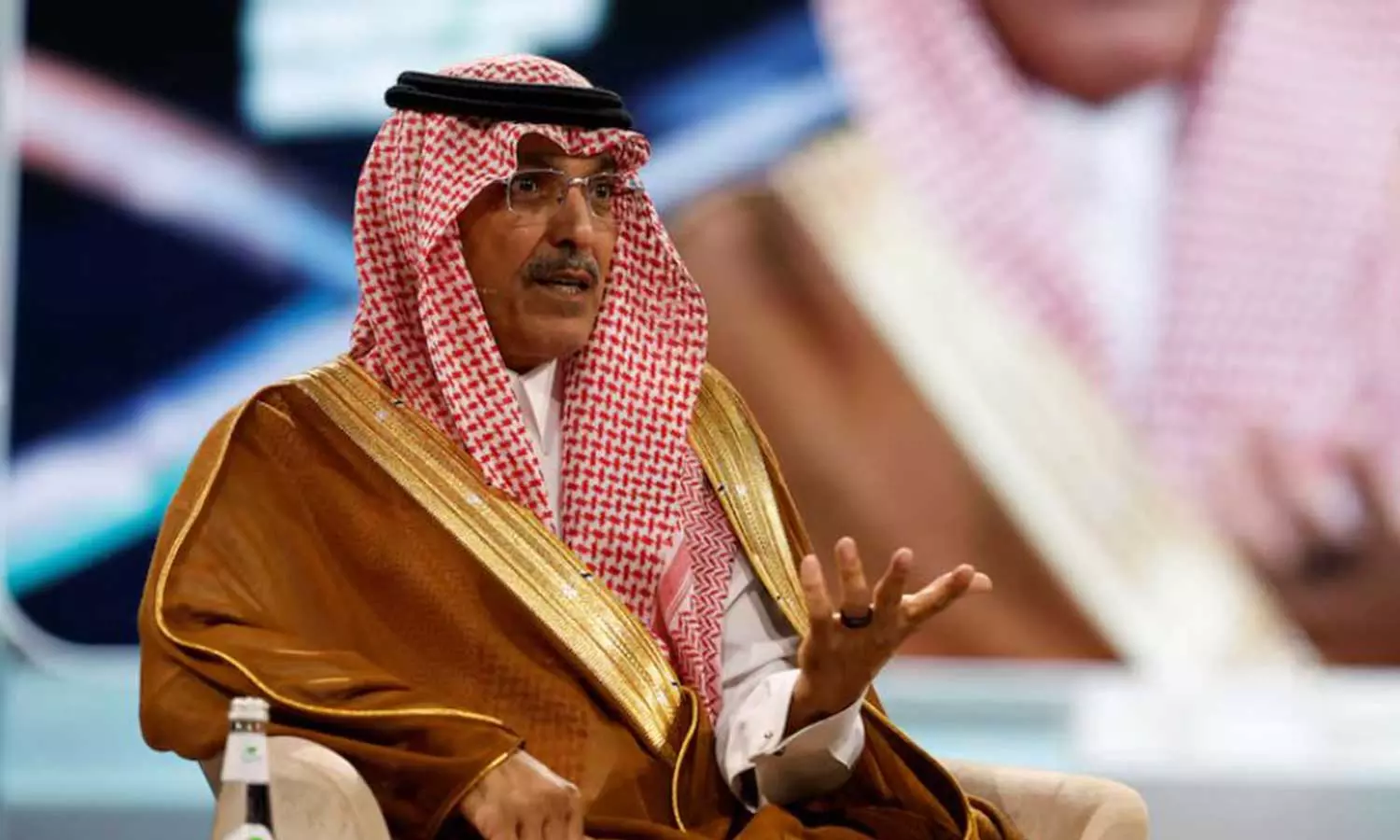
Saudi Arabia Pushes Ahead With Economic Transformation, Minister Says
 |
|Foreign direct investment (FDI), which had stalled in recent years, is key for driving the massive economic transformation.
Saudi Arabia is "doubling down" on its multi-billion dollar plan to overhaul its economy and cut the kingdom's dependence on oil rents, the finance minister told an investor summit in Riyadh on Wednesday. The government is investing heavily in infrastructure works such as the vast mega-city NEOM project under the plan driven by Crown Prince Mohammed bin Salman, who wants to grow the private sector, develop new industries, and create thousands of jobs.
"Overall, we are very, very excited and happy with what we have achieved with Saudi Vision 2030 but we are not complacent. We are doubling down, making sure we are doing the right thing," Finance Minister Mohammed Al Jadaan told the Future Investment Initiative (FII) event, saying the initiative was largely on track.
The country's $925 billion PIF sovereign wealth fund, tasked with delivering much of the transformation, has made its mark on the global stage in recent years with high-profile deals, such as investments in Uber. But its governor told the FII on Tuesday that the PIF now plans to reduce the share of its overseas investments by about a third as it focuses on domestic projects.
Foreign direct investment (FDI), which had stalled in recent years, is key for driving the massive economic transformation. The government has a target of attracting $100 billion in FDI by 2030, equivalent to almost 6% of its GDP. FDI is on an upward trend, but with five years to go, data indicates that the kingdom could struggle to meet the target by 2030.
Oil is still a mainstay of the economy, and amid lower oil prices and production, government earnings have fallen, and the kingdom is reviewing spending, under which some Vision 2030 projects will be delayed or scaled back and others prioritised.
Jadaan told the conference human resources and implementation had been a challenge for some of the economic transformation targets, but said non-oil GDP now represented about 52% of the economy.